vol.15 Connecting traditional craft tableware with restaurants through subscriptions. Spreading a new relationship between food and tableware from Nihonbashi [Mitsui Fudosan ✕ CRAFTAL]
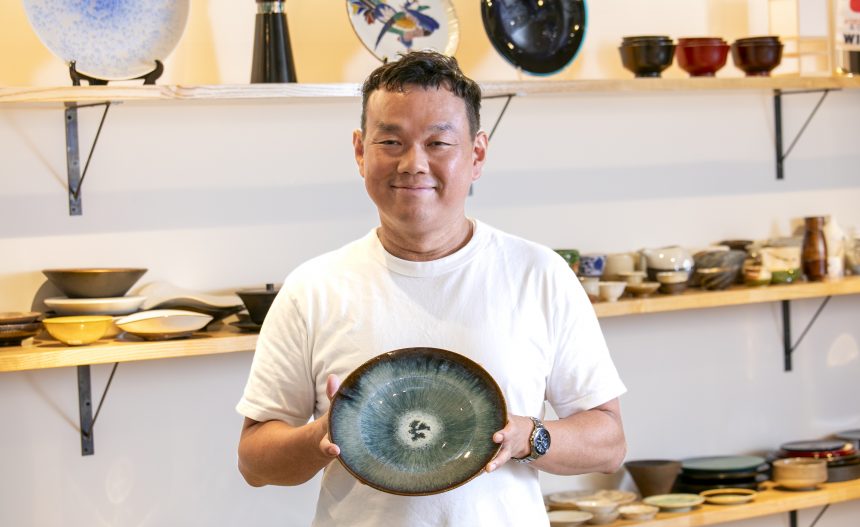
I want to contribute to the preservation of traditional industries by expanding opportunities for using crafts.
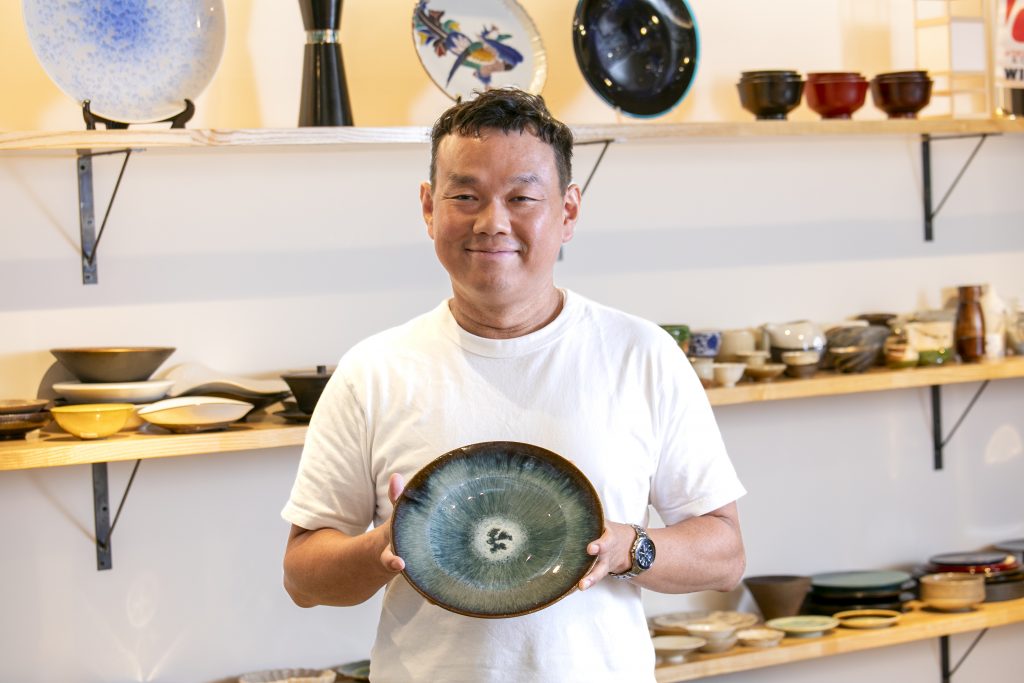
CRAFTAL is a subscription service that rents out Japanese tableware made by potters and ceramic artists from all over Japan to restaurants and other businesses for a fixed fee . Established in 2019 as a new platform connecting traditional craft makers with the restaurants that use the tableware, the service has a gallery in the Nihonbashi area, which has developed as a wholesale district .
The biggest feature is that you can easily rent Japanese tableware carefully selected by professional stylists to match the restaurant’s concept and cuisine. You can rent for as little as one month, and if you like the tableware, you can continue to use it or purchase it. Currently, the service is being used in about 80 Japanese restaurants in Tokyo, including one-star Michelin restaurants .
These achievements were recognized, and the company won the & mog Award at the food tech event ” Food Tech Venture Day NEO Vol. 2 – Japanese Tradition x Technology ” held in April this year . Expectations are high for collaboration with ” &mog by Mistui Fudosan ,” which promotes food innovation .
We launched CRAFTAL because we wanted to solve the problems faced by craft makers and restaurants that use crafts .”
So says Takuya Hotta , CEO of Culture Generation Japan , which operates CRAFTAL . After working for a foreign-affiliated company, Hotta participated in corporate restructuring projects as a consultant. He founded Culture Generation Japan in 2011 and has been working to preserve and create Japanese culture through branding and developing sales channels for traditional crafts .
“A lantern craftsman in Asakusa, Tokyo, told me, ‘ Our job is not just to make things. We protect tradition and culture, evolve it into something even better , and pass it on to the next generation. That’s what our job is about ,’ and I was fascinated by the depth of the craft industry, so I started my own company, ” says Hotta. However, he was faced with the reality that traditional crafts are expensive , making them difficult for those who want them to get their hands on.
“When I visit potteries, I often see amazing crafts that are simply left lying around covered in dust . In fact, traditional craft production areas are suffering from a serious shortage of talent and successors, and production value has fallen to about 20 % of its peak. Seeing this situation, I thought, ‘It’s a shame that such wonderful techniques are not being utilized. Isn’t there a way to bring these dormant products to market?’ This was what led me to start CRAFTAL .”
On the other hand, when opening a restaurant, it is very costly to purchase high-quality tableware, such as handicrafts. Even existing stores have endless worries about tableware, such as “I want to be particular about the tableware, but I don’t know where to buy it,” “It’s hard to find tableware that matches the atmosphere of the store,” and “I want to change the tableware with the seasons, but I don’t have the space to store it when not in use.”
” At CRAFTAL , all Japanese tableware, including large and small plates, bowls, and rice bowls, can be used for 1,000 yen per plate per month , which significantly reduces the initial costs when starting up. Even if the food you serve on the table doesn’t turn out as you imagined, you can exchange or return it at any time, and it also leads to more efficient storage space. We’ve heard from customers that being able to easily use a variety of tableware has broadened the scope of their culinary expression , and we feel that it has also contributed to raising the motivation of our chefs.”
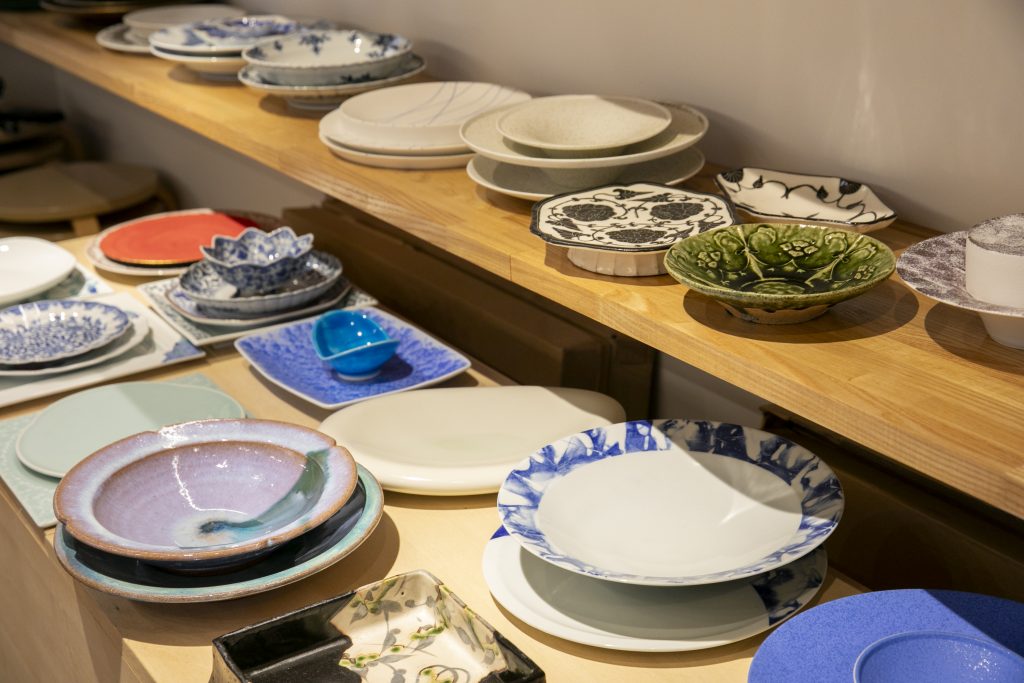
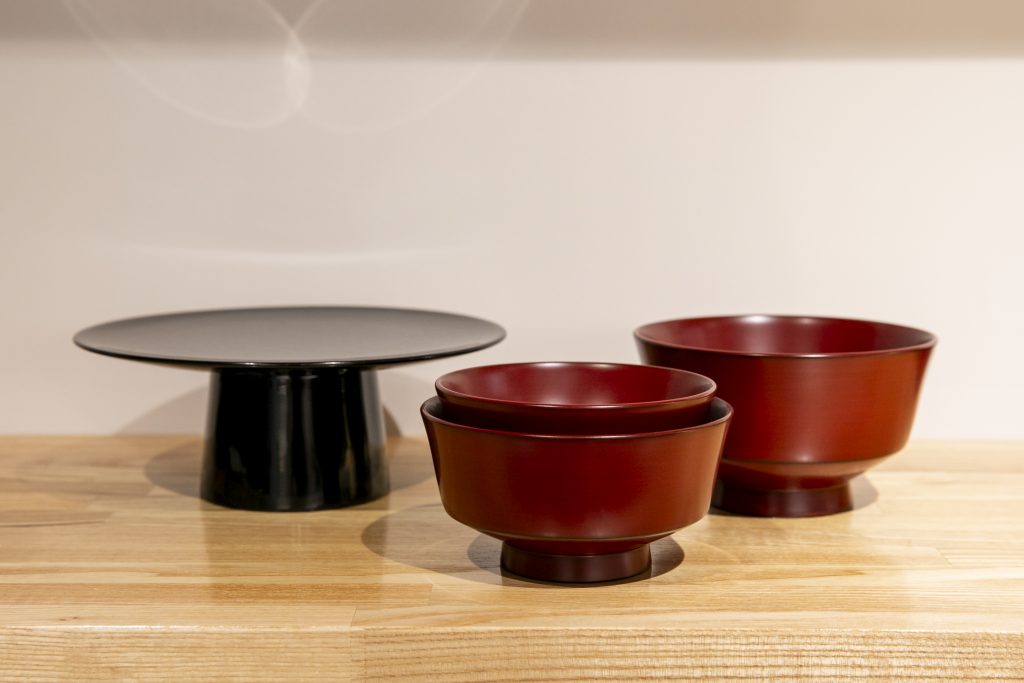
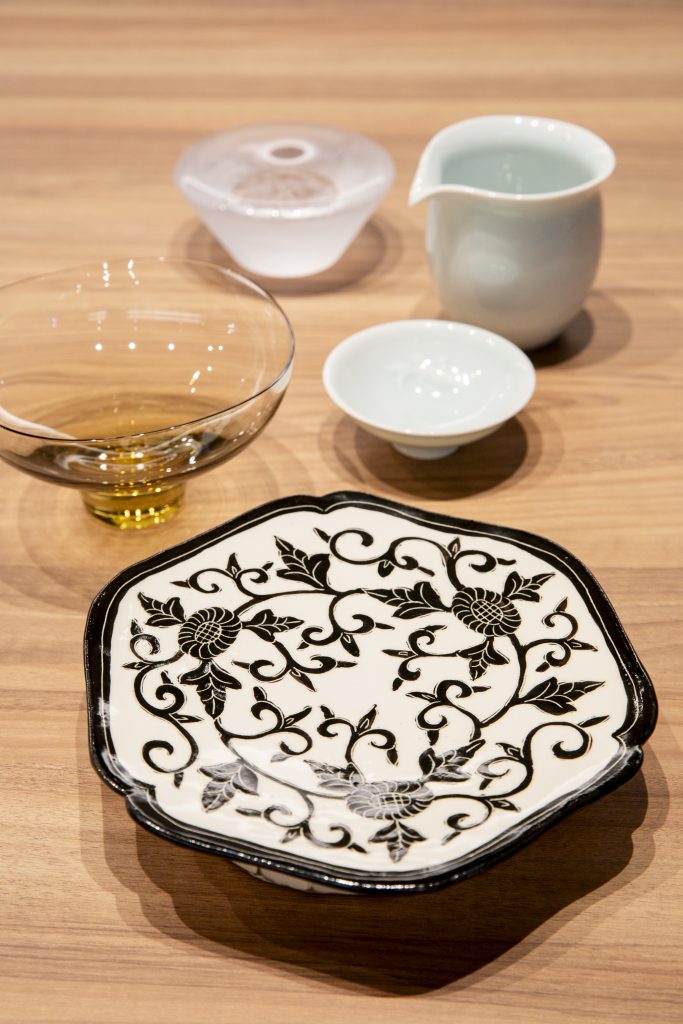
CRAFTAL always has around 300 types of Japanese tableware in stock. These have been carefully selected by a dedicated coordinator with extensive knowledge of crafts to meet the needs of chefs. When selecting tableware, in addition to ease of use, consideration is given to the value that only rental items can offer, such as pieces with shapes that are difficult to store in the store, pieces that are strongly seasonal and only used frequently, and rare pieces that are not commonly available. Furthermore, the shop will listen to the image of the dishes that restaurants have in mind and suggest tableware that suits them , or they may even request custom-made items from the workshop upon request.
“Generally, tableware is bought and sold through wholesalers, so makers have little idea where or how their tableware is being used . That’s why we provide feedback to restaurants about their requests and how they feel about using their products, which they then use in their product development. We also provide restaurants with information about the origins and makers of the tableware, which is well-received by customers who visit when they hear the stories behind the tableware. By expanding opportunities to use crafts and letting more people know about their origins and the individuality of the artists, we hope to pass on Japan’s traditional culture. This is the essence of CRAFTAL ‘s work.”
In December of last year , they launched a new project called “Travel Plates,” based on the concept of “plates with a story,” based on CRAFTAL ‘s services. This is a secondary distribution business centered on CRAFTAL ‘s leased products .
” CRAFTAL tableware has traveled to top restaurants , creating memories for the chefs who use it. ‘Traveling Plates’ is a system that sells these value-added tableware to the general public, passing the baton to the next owner . Until now, there has been no secondary distribution market specializing in tableware, and much of it has been discarded , but by passing on the stories of these tableware, we hope to create new value and increase the sustainability of traditional crafts .”
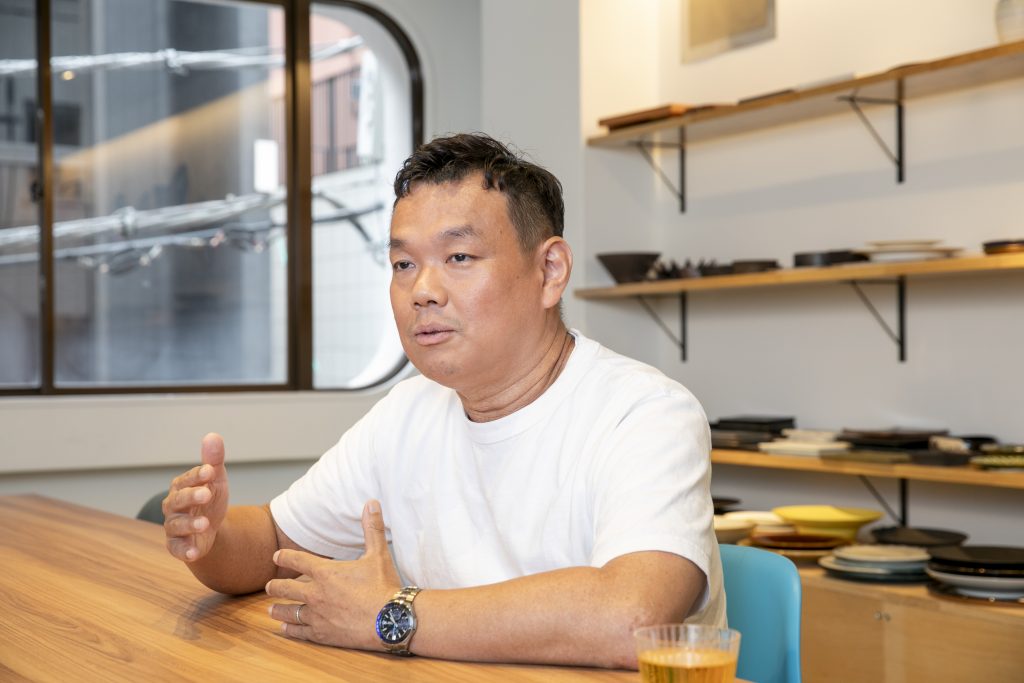
Mitsui Fudosan’s food research and development support facility ” &mog CRAFTAL was also introduced at &mog Food Lab in April of this year . The rented tableware is being used by tenant companies for tasting events and menu photography. Hotta had the following to say about the outlook for co-creation with &mog :
“From what I’ve heard from people on the front lines, young chefs have few opportunities to learn about craft tableware, and the reality is that potteries and artists have almost no contact with chefs. In the future, I’d like to use the &mog network to create a forum where restaurants in Nihonbashi and tableware makers can exchange opinions about the compatibility between food and tableware. I’d also like to see an initiative where the two parties work together to develop menus.”
Culture Generation The TOI Building , which houses CRAFTAL Japan ‘s headquarters and gallery, is a complex opened in 2022 after the company renovated an old building in Yokoyamacho, Nihonbashi , which has developed as a wholesale district since the Edo period . Comprised of restaurants, shops, workspaces, and event spaces , each floor explores the relationship between people and the community through pottery .
“For example, at the cafe and bar on the first floor, food is served on tableware from all over Japan that CRAFTAL carries, allowing customers to enjoy their meal while actually handling the tableware, an experience unique to this location . The concept of the TOI Building is to pose new questions that will change the future of crafts . In order to bring the traditions and techniques of Japanese crafts into modern life , we want to create a place that connects people with things , people with each other, and producers with consumers and businesses .”
Hotta has always wanted to start working in the Nihonbashi area. Nihonbashi has long supported Japanese commerce , and is an area that can serve as a hub between the region and Tokyo, and between Tokyo and the world . He is enthusiastic about building a new relationship between food and tableware together with &mog by Mitsui Fudosan , which is creating new possibilities for food in Nihonbashi .
The goal is to introduce CRAFTAL and Tabizara to 2,000 stores nationwide. By establishing a new food infrastructure called “borrowing,” the company hopes to continue promoting Japanese crafts from Nihonbashi both domestically and internationally.





